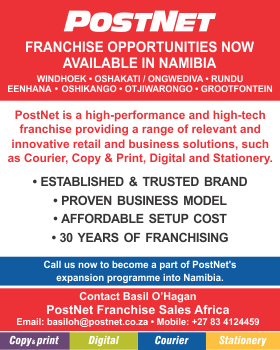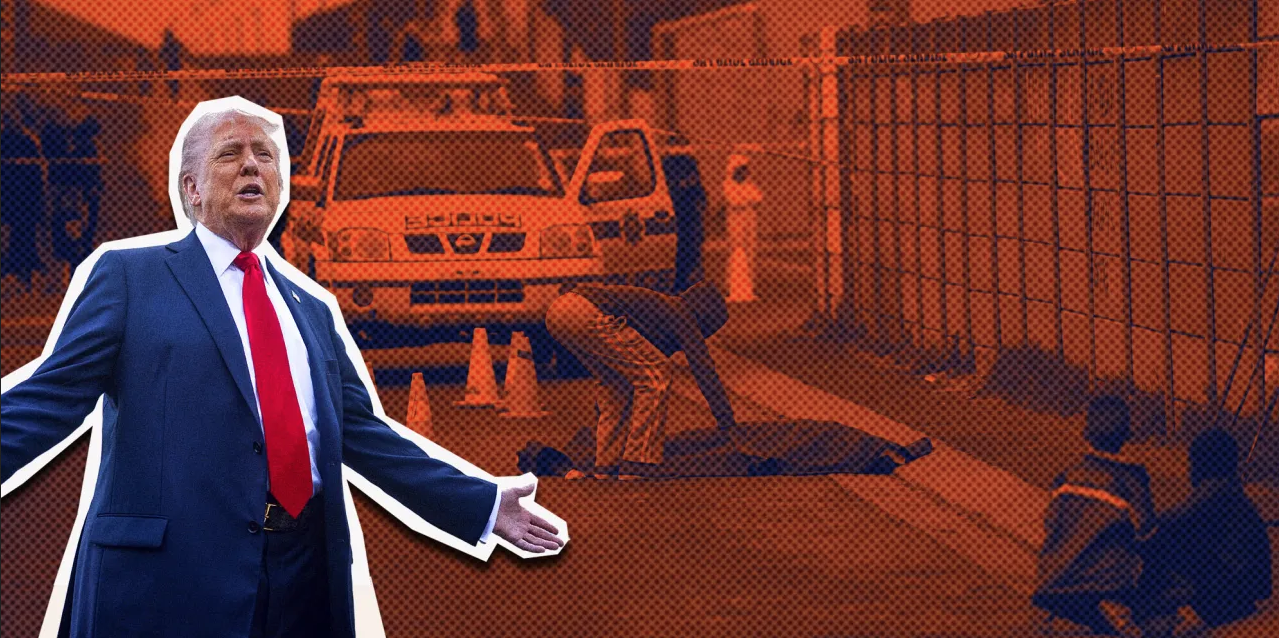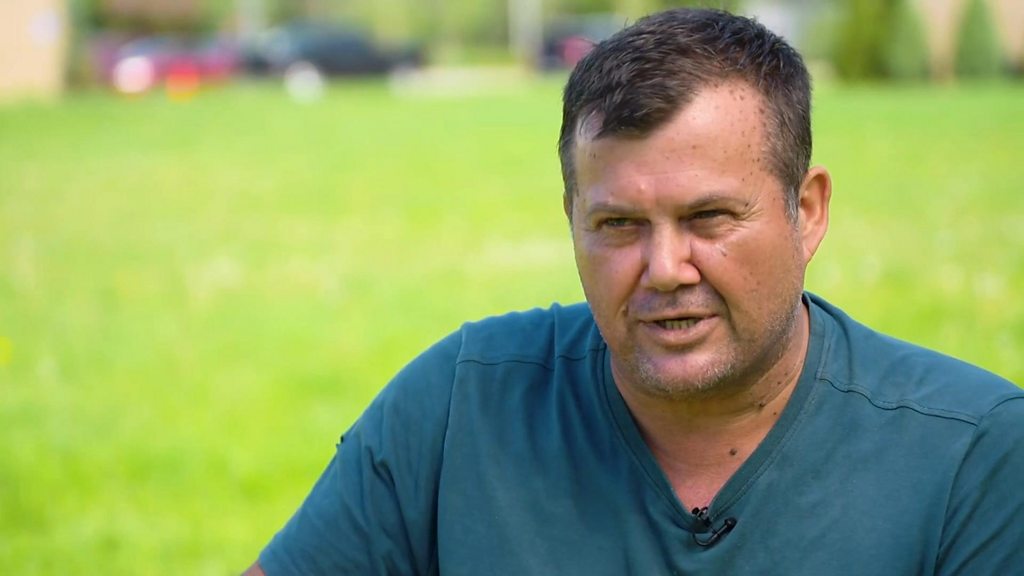JOHANNESBURG – Angola’s emergence as a major world oil producer is raising concerns the government will use its new clout to resist calls for political and economic reform.
The oil-rich African nation has not held a national election since 1992 and its government has delayed a return to the polls twice already, citing the poor condition of roads and other infrastructure damaged during a 27-year civil war. Parliamentary elections are now scheduled for 2008 followed by a presidential poll in 2009, roughly the period when oil production is expected to temporarily peak at two million barrels per day, about double its output from 2005.Angolan officials were brimming with confidence last week when they spoke about the oil boom that has made the country the toast of the town from Houston to Beijing.The “new Mecca” is how one senior official described the capital Luanda.But the soaring oil wealth and billions of dollars in foreign investment inflows may allow Angola to pursue the isolation that has characterised its attitude toward human rights groups, Western nations and international agencies.Luanda has demonstrated its prickly independence in repeated clashes with the World Bank and International Monetary Fund, refusing to accept any loans tied to demands for improved fiscal transparency or moves to democratise the country.”I don’t think that the opening of commercial relations or the injection of foreign investment is going to open political space because the country is wealthy enough to dictate its own conditions,” said Ana Leao, an analyst at the Institute for Security Studies in South Africa.”The capacity of the Angolan government to do whatever they want has always been there,” Leao added.OIL WEALTH AND IRON FIST Angolan authorities highlighted that stance in February when they arrested and charged British rights activist Sarah Wykes with espionage in connection with research she was conducting in the oil-rich northern province of Cabinda.Wykes was jailed for several days and prevented from leaving the country for nearly a month.Members of Angola’s fractured opposition, which is split between the National Union for the Total Independence of Angola (Unita) and Angola’s National Liberation Front (FNLA), say the government’s brusque approach extends to the political arena.They accuse the ruling Movement for the Popular Liberation of Angola (MPLA), which has governed with an iron fist since independence from Portugal in 1975, of organising attacks on opposition activists and property.Last month, Unita leader Isaias Samakuva told reporters the government had stepped up a campaign to intimidate his party and suggested it may have been behind an attack on a Unita office outside Luanda.Although few observers see a resumption of the devastating civil war that killed about one million Angolans and ruined the economy, there are concerns elections could be marred by low-level violence.The MPLA, which controls much of Angola’s media, disputes the gloomy prognosis and says it looks forward to contesting the polls after the arduous process of registering some seven million Angolan voters is completed later this year.And there are growing signs President Jose Eduardo dos Santos, already the longest serving leader in the southern Africa region, will run for another term in 2009 despite previously having ruled himself out of the race.”Although dos Santos did say at one point in time that he wouldn’t run again, I’m sure the pressure on him (from the MPLA) will be too great not to,” Deputy Prime Minister Aguinaldo Jaime told Reuters in an interview last week in Luanda.The prospect that dos Santos and the younger Western-leaning technocrats who form the backbone of Angola’s government would bow out or hand over power amid an unprecedented economic boom and growing clout in oil markets strikes some as fanciful.Angola, sub-Saharan Africa’s second largest petroleum producer after Nigeria, has signalled it intends to play a more active role in Africa in the coming years as well as further a field through its new membership in Opec.Nampa-ReutersParliamentary elections are now scheduled for 2008 followed by a presidential poll in 2009, roughly the period when oil production is expected to temporarily peak at two million barrels per day, about double its output from 2005.Angolan officials were brimming with confidence last week when they spoke about the oil boom that has made the country the toast of the town from Houston to Beijing.The “new Mecca” is how one senior official described the capital Luanda.But the soaring oil wealth and billions of dollars in foreign investment inflows may allow Angola to pursue the isolation that has characterised its attitude toward human rights groups, Western nations and international agencies.Luanda has demonstrated its prickly independence in repeated clashes with the World Bank and International Monetary Fund, refusing to accept any loans tied to demands for improved fiscal transparency or moves to democratise the country.”I don’t think that the opening of commercial relations or the injection of foreign investment is going to open political space because the country is wealthy enough to dictate its own conditions,” said Ana Leao, an analyst at the Institute for Security Studies in South Africa.”The capacity of the Angolan government to do whatever they want has always been there,” Leao added. OIL WEALTH AND IRON FIST Angolan authorities highlighted that stance in February when they arrested and charged British rights activist Sarah Wykes with espionage in connection with research she was conducting in the oil-rich northern province of Cabinda.Wykes was jailed for several days and prevented from leaving the country for nearly a month.Members of Angola’s fractured opposition, which is split between the National Union for the Total Independence of Angola (Unita) and Angola’s National Liberation Front (FNLA), say the government’s brusque approach extends to the political arena.They accuse the ruling Movement for the Popular Liberation of Angola (MPLA), which has governed with an iron fist since independence from Portugal in 1975, of organising attacks on opposition activists and property.Last month, Unita leader Isaias Samakuva told reporters the government had stepped up a campaign to intimidate his party and suggested it may have been behind an attack on a Unita office outside Luanda.Although few observers see a resumption of the devastating civil war that killed about one million Angolans and ruined the economy, there are concerns elections could be marred by low-level violence.The MPLA, which controls much of Angola’s media, disputes the gloomy prognosis and says it looks forward to contesting the polls after the arduous process of registering some seven million Angolan voters is completed later this year.And there are growing signs President Jose Eduardo dos Santos, already the longest serving leader in the southern Africa region, will run for another term in 2009 despite previously having ruled himself out of the race.”Although dos Santos did say at one point in time that he wouldn’t run again, I’m sure the pressure on him (from the MPLA) will be too great not to,” Deputy Prime Minister Aguinaldo Jaime told Reuters in an interview last week in Luanda.The prospect that dos Santos and the younger Western-leaning technocrats who form the backbone of Angola’s government would bow out or hand over power amid an unprecedented economic boom and growing clout in oil markets strikes some as fanciful.Angola, sub-Saharan Africa’s second largest petroleum producer after Nigeria, has signalled it intends to play a more active role in Africa in the coming years as well as further a field through its new membership in Opec.Nampa-Reuters
Stay informed with The Namibian – your source for credible journalism. Get in-depth reporting and opinions for
only N$85 a month. Invest in journalism, invest in democracy –
Subscribe Now!











